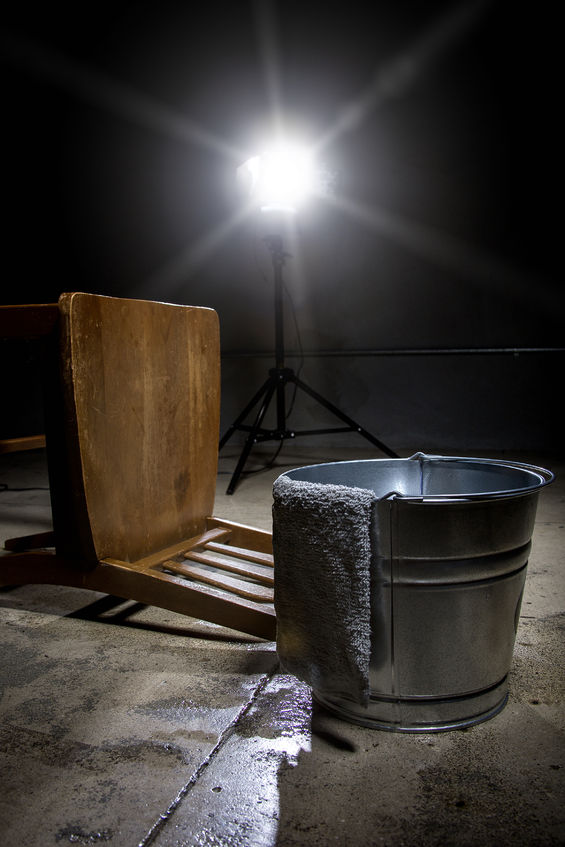
The federal government knows what is best for you. Your government tries to control you by legislating penalties for not doing what Big Brother wants you to do. To limit your behavior, your government has levied steep taxes on items such as cigarettes, other tobacco products, even soft drinks. Currently, in Austin, your Texas legislators are trying to pass a law banning all text messaging while driving. And on the national level, the federal government is trying to take away your right to split a bottle of wine at dinner or to have a few beers at the ball game.
For years, the National Transportation Safety Board (NTSB) has pushed to lower the legal limit in drunk driving cases to .05. The current level in Texas is .08. If you have seen the movie “Sully,” you know the NTSB as the villains in the film calling for Captain Sullenberger’s head. Okay, that’s Hollywood, but the truth of the matter is that there just aren’t enough plane and train accidents to justify the budget of the NTSB. What does your government do when it tries to justify its existence? Your government uses fear tactics to make itself relevant. Bad things are happening, we must act. Wake up citizen, I’m your government, you need me, listen to me. These tactics are getting tiresome.
In Utah, state legislators are already pushing for the .05 limit. How does that affect us in Montgomery, Walker, Madison, and Leon County, Texas? Because Utah was the first state to lower the legal limit in drunk driving to .08. The old standard was .10. Truth be told, the field sobriety tests that law enforcement uses to arrest you in a DWI stop were based on the old .15 standard. Yep, the standard started at .15 for impairment. But why drop the limit? Simple, taxes. Your government wants more money. The penalties on a first DWI in Texas start at $1000 a year for three years and climb from there. But what say you, groups against drunk driving?
 Conroe Criminal Lawyer Blog
Conroe Criminal Lawyer Blog














